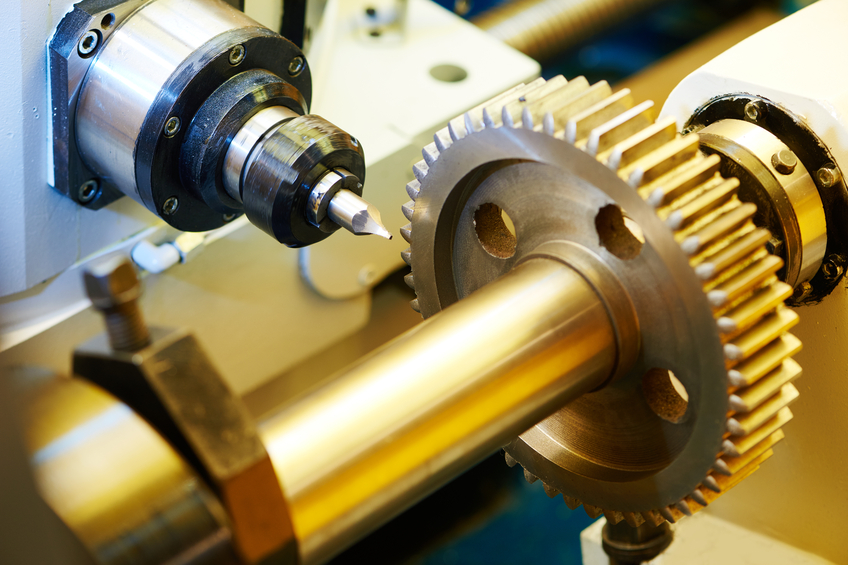Nebraska Mechanical and Ethics 7 PDH Discount Package 1
Courses in this Package
Heat Transfer (M03-001)
Centrifugal and Positive Displacement Pumps (M03-002)
Engineering Ethics for Nebraska Professional Engineers (NE1-001)

This online engineering PDH course presents the fundamentals of Heat Transfer which is the study of thermal energy in transit due to temperature difference. Heat Transfer is a basic branch in thermal sciences which explains how heat is transferred by conduction, convection and thermal radiation. This course also explains how specific parameters can affect the rate of heat transfer.
This 3 PDH online course is applicable to mechanical and chemical engineers, nuclear facility operators, maintenance personnel, and other technical staff who are interested in understanding the mechanics of heat transfer.
This PE continuing education course is intended to provide you with the following specific knowledge and skills:
- Learning heat transfer terminology
- Understanding conduction heat transfer
- Understanding convection heat transfer
- Understanding radiant heat transfer
- Performing heat transfer design calculations
In this professional engineering CEU course, you need to review Volume 2 of the Department of Energy Publication DOE-HDBK-1012/1-92, "Thermodynamics, Heat Transfer and Fluid Flow".
Upon successful completion of the quiz, print your Certificate of Completion instantly. (Note: if you are paying by check or money order, you will be able to print it after we receive your payment.) For your convenience, we will also email it to you. Please note that you can log in to your account at any time to access and print your Certificate of Completion.

This online engineering PDH course explains the operation of centrifugal and positive displacement pumps. In general a pump is a mechanical device that is used to raise the flow of a fluid from one elevation to the other by increasing the pressure of the fluid.
Centrifugal pumps use a centripetal force, which is defined as the action that causes the fluid to move away from its center of rotation. Where as positive displacement pumps physically entrap a quantity of liquid at the suction of the pump and push that quantity out the discharge of the pump.
This 3 PDH online course is applicable to mechanical engineers, plant operators, maintenance personnel, and technical staff who are interested in gaining a better understanding centrifugal and displacement pump design and operation.
This PE continuing education course is intended to provide you with the following specific knowledge and skills:
- Learning the principle of operation of centrifugal and positive displacement pumps
- Learning the types and components of centrifugal and positive displacement pumps
- Understanding cavitation and cavitation prevention measures
- Performing Net Positive Suction Head calculations
- Understanding the characteristic curves of centrifugal and positive displacement pumps
- Understanding the protection methods of centrifugal and positive displacement pumps
In this professional engineering CEU course, you need to review DOE-HDBK-1018/1-93, Volume 1, Module 3 of Mechanical Science" published by the Department of Energy.
Upon successful completion of the quiz, print your Certificate of Completion instantly. (Note: if you are paying by check or money order, you will be able to print it after we receive your payment.) For your convenience, we will also email it to you. Please note that you can log in to your account at any time to access and print your Certificate of Completion.

This online engineering PDH course presents the laws and rules of ethics and professional responsibility governing the practice of engineering in the State of Nebraska. Title 110, Chapter 5, “Code of Practice”, of the Nebraska Rules and Regulations of the Rules, which relate to the laws and rules of profession conduct are presented in this course.
Engineering ethics is (1) the study of moral issues and decisions confronting individuals and organizations involved in engineering and (2) the study of related questions about moral conduct, character, ideals and relationships of peoples and organizations involved in technological development (Martin and Schinzinger, Ethics in Engineering).
Since engineers are faced with frequent moral and ethical dilemmas while practicing their engineering profession, this course will provide you with moral and ethical guidance in your decision making process. Most importantly, it will provide you with insight on how to conduct, respect and protect your engineering practice with the utmost professionalism.
This 1 PDH online course is applicable to Professional Engineers licensed in the State of Nebraska and who are required to demonstrate continuing professional competency in engineering ethics as a condition of their license renewal. For each renewal period, every licensee must complete thirty (30) professional development hours, at least one (1) of which must be relative to the principals of professional responsibility, conduct and ethics.
This PE continuing education engineering course is intended to provide you with the following specific knowledge and skills:
- Understanding the Nebraska laws and rules regulating the practice of engineering in the State of Nebraska and their application to Professional Engineers
- Understanding the rules of professional conduct and responsibility, code of practice and engineering ethics
- Familiarizing with the Nebraska Board disciplinary process and the various violations and corresponding penalties imposed by the board
In this professional engineering CEU course, you need to review the course document titled “Engineering Ethics for Nebraska Professional Engineers”.
Once you complete your course review, you need to take a multiple-choice quiz consisting of ten (10) questions to earn 1 PDH credit. The quiz will be based on the entire course document.
Upon successful completion of the quiz, print your Certificate of Completion instantly. (Note: if you are paying by check or money order, you will be able to print it after we receive your payment.) For your convenience, we will also email it to you. Please note that you can log in to your account at any time to access and print your Certificate of Completion.